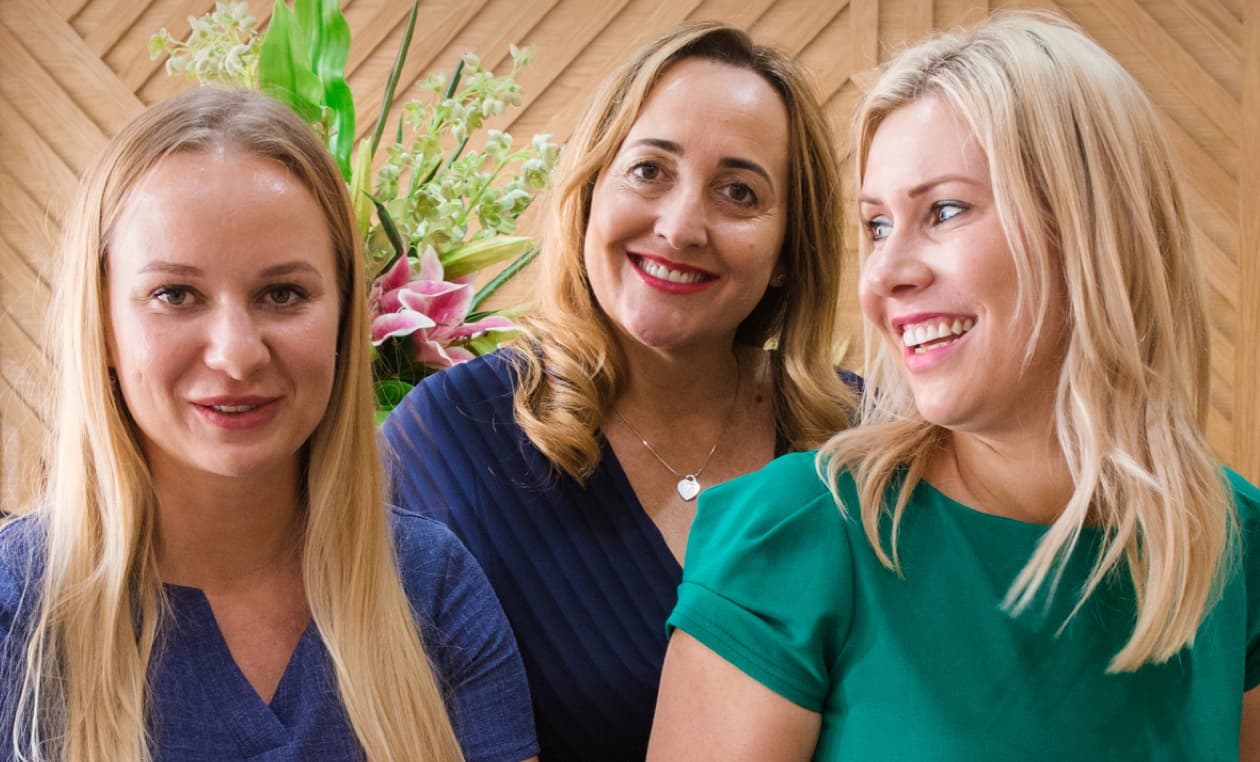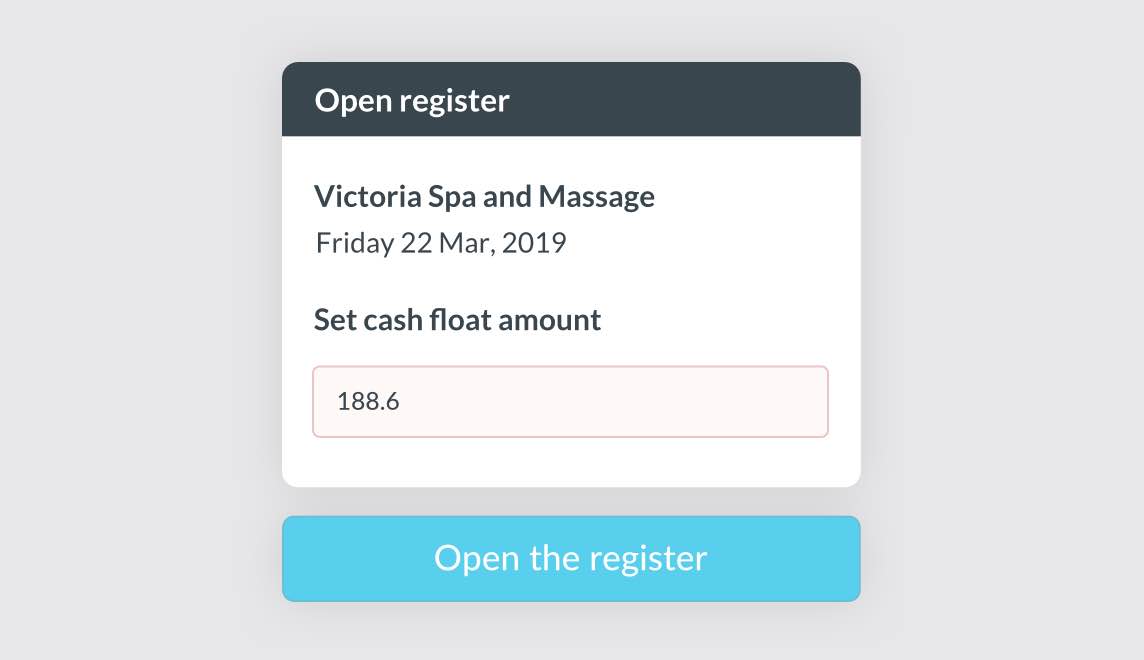Why have staff meetings?
Staff meetings have a reputation for making people go “ughhhhh”. So why have staff meetings? We asked some of our customers.
Your team should leave staff meetings feeling energised, appreciated, and connected to each other. They don’t have to be (and shouldn’t be) a drawn-out waste of time!
So why have staff meetings? What are the benefits?
Get everyone on the same page
Staff meetings are a chance to update everyone on what’s happening. Are you stocking a new product? Is there a new hire starting next month? Has everyone gotten their holiday leave requests in? Telling your team what’s going on is a good way to make them feel respected and valued.
Reinforce the importance of teamwork
It can be easy to lose sight of the fact that a business only runs because everyone puts in the work. No one person is carrying your clinic. You and your employees may have different roles, but it’s their combined skills that creates successful outcomes. Use your meetings to foster understanding and appreciation between your staff members.
Meetings are a great way to build supportive relationships between you (the boss or manager) and your staff, and between staff members themselves.
Open it up to discussion
Team meetings can also be a space staff to express their motivations, issues, wishes and wins. Although some of these discussions would be best for one-on-ones, team meetings allow for open discussion amongst an entire team. Encourage them to speak up and ask questions about what you’ve said, and make it clear that even if you disagree with them, you appreciate their contributions.
No technological device can replace the intimacy and tangibility of a team meeting.
Being together allows you and your staff to discuss ideas that are too complicated or sensitive for emails, memos or reports.
Every business takes a different approach to staff meetings, but there are a lot of similarities between the successful ones. So, what makes the difference between a wonderful and wasteful meeting?
We asked some Timely customers to shed light on how they get ready for their staff meetings.
Sally Clark, Verge Salon
Verge Hairdressing is a well-established salon based in New Zealand. The co-owners have been in the hairdressing industry for 26 years, and pride themselves on their friendly service and high fashion hairstyling.
Because their staff work different rosters, it’s important to get their team together.
Verge is constantly growing, so meetings are important for discussing future plans and goals. Management make it a point to express appreciation, and make sure their staff stay happy and motivated.
Staff have different needs, and are motivated in different ways. It’s important to have constant team building ideas on the go and things to look forward to.
Sally stresses that it’s important to schedule a specific time for your meeting – and to stick to it.
Verge run their meetings in the morning, so staff are fresh, and provide breakfast and coffee. This way, the meeting isn’t cutting into important family time, or their dinner rush.
It’s important to not point finger at any one person.
Highlight what they are doing well so your staff feel appreciated
Being prepared is also important for your meeting to be a success. Sally suggests printing a memo for each staff member. They can use it to take notes, or take it away and review what topics were covered.
Donna, Clive Hair Clinics
Clive Hair Clinics was established in 1959 as a specialist clinic treating all types of hair loss, thinning hair and scalp disorders. Today, they have clinics throughout New Zealand and Australia where their professional trichologists and clinic staff treat clients experiencing hair loss.
Regular meetings focus on how staff are feeling.
If our staff are happy and productive, our clients will be satisfied.
Because they run multiple clinics on a rostered basis, they find regular mini-catchups on a three week basis work best.
The mini-catchups allow them to deal with problems/queries and queries regularly. Clinic staff appreciate the opportunity to discuss day-to-day mechanics at an informal level.
At their clinic, the staff are the main point of contact for their clients. It’s important to Clive Clinics that staff feel part of a team which has their client interests and needs at the forefront of every action they do.
Staff meetings are a time to offer ideas, solutions and new approaches to their work. Donna points out that they don’t take a top-down approach.
Allow time for feedback from staff. LISTEN to this feedback and loop it back into your ideal business approach and culture.
To keep meetings successful, Donna aims to keep them short. She finds it helps to follow an agenda. This agenda outlines what they want to talk about, so they don’t lose track of their thoughts, or the time.
Like Sally at Verge, they always take a team approach to work, and never single out any one staff member.
Lucy Warren, Lucy Warren Pilates
Lucy Warren Pilates helps others reach their individual fitness goals, focussing on injury rehab. Their classes cater for all ages, for all shapes and sizes – and their goal is to help people get back in touch with their bodies.
Lucy opened her studio in 2007 after experiencing its benefits first hand through her own injury recovery. She began teaching out of a church hall, and now has an established studio in Dunedin with a team of six.
Although Lucy says she isn’t consistent at holding staff meetings, she also stresses that they’re vital for team cohesion.
Often their team meetings are time for professional development, keeping their team fresh and inspired.
Because their team is made up of busy mums and young women, Lucy tries to make their meetings social. She finds that they can talk business in a more casual environment, which allows people to feel comfortable to share their ideas and opinions.
Starting your own tradition
If you’re still wondering “why have staff meetings”, or feel like they aren’t as effective as you’d like them to be, don’t stress! There are a few simple things to keep in mind if you want to get into a groove with staff meetings:
- Their purpose is to communicate with your most important asset – your staff.
- Meetings don’t have to be on site. Find a location that works well for your team and for what you want to accomplish that day.
- Plan your meeting in a way that informs, guides, and inspires your staff. And make sure they feel heard!
- Creating a schedule, or agenda, gives your meeting a clear focus and timeframe. Without one, you run the risk of going over time, rambling on, and overlooking important topics or discussions.


